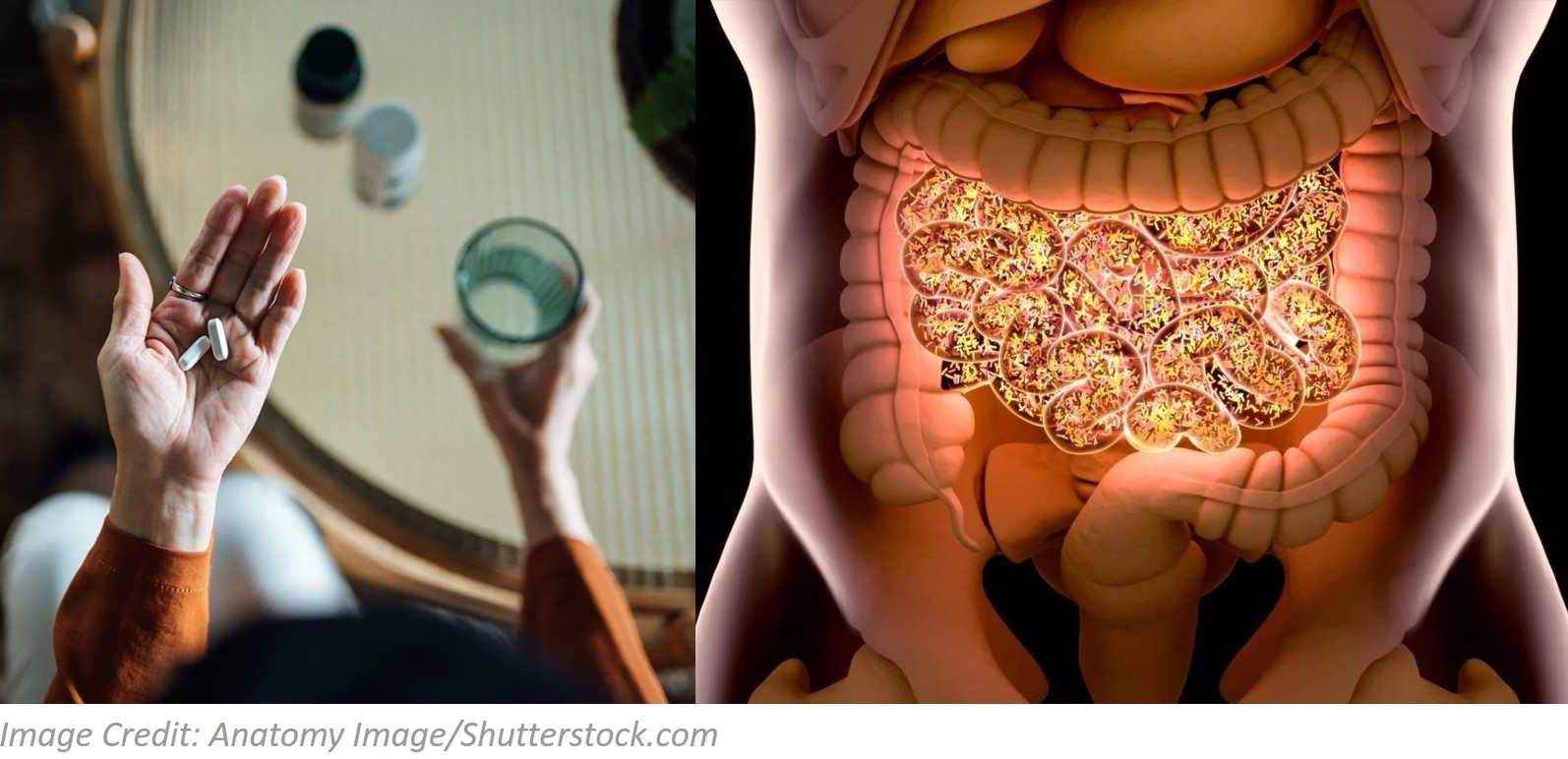Does Antibiotics Affect My Gut Health

A review article by
What are Antibiotics?
Antibiotics are very common in today’s healthcare system. They are used to stop bacterial infections in human body.
Antibiotics means any medicine which can kill germs inside the body. But mostly the drugs which can kill bacteria are called antibiotics.
Importance of Antibiotics
Our body shelters billions of bacteria in different parts like mouth, ear, nose, skin, gut etc. Majority of them play beneficial roles in digestion, producing vitamins, developing immune system, detoxifying harmful chemicals. But there are pathogenic bacteria also which can cause disease.
Before the discovery of antibiotics, people used to die because of major and even minor pathogenic bacterial infections. In the medical history antibiotics play a significant role through saving the lives of millions of people.
Overuse of Antibiotics
To get quick recovery from the illness, people intake antibiotics even when these are not needed. These overuse make the bacteria resistant to the antibiotics. It means the bacteria develop the skill to defeat the effect of the antibiotic developed to kill them. Ultimately it makes the treatment procedure more complex, lengthy and costly.
Unnecessary/wrong use of antibiotics affects our gut health also.
To understand this, first we need to know about gut microbiome.
Gut Microbiome
It represents the microbes (not only bacteria, but also fungi, protists, archaea, and viruses) present in the human digestive tract. They mostly contribute in human metabolism, nutrition, physiology, and immune function.
Metabolism: Actually numerous enzymes are needed for stepwise breakdown of the food, specially carbohydrates. Many of these enzymes are produced by gut microbiome. Short chain fatty acids (SCFAs) produced by them help to ferment fiber and protein.
Nutrition: Gut microbiome help to release calcium, magnesium and phosphate from grains and help to strengthen bones.
Physiology: The interaction between host (human body) and gut microbiome imparts a huge impact on human health and disease control. Gut microbiome play significant role in keeping our internal organs (like heart, liver etc) healthy and in maintaining proper blood sugar level, blood pressure, body weight, bowel movement etc.
Immune Function: Like other microbial system in human body, gut microbiome also develop immune system to fight against diseases.
Gut Microbiome Dysbiosis
It is the situation when any one or more of the following happens in the gut:
- Loss of diversity of microbial population
- Loss of beneficial bacteria
- Overgrowth of harmful microbiome
The imbalance of gut microbial population can make a person severely ill.
Probable reasons for Gut Microbiome Dysbiosis:
- Unhealthy Diet: Regular consumption of oily, high fat, less fiber diet.
- Addiction: Alcohol consumption and smoking.
- High stress level: Huge workload, unhappy personal relationship etc can cause stress.
- Treatment of Other Diseases: Like chemotherapy for cancer.
- Overuse of Antibiotic: They directly affect microbial population in our body.
Overuse of Antibiotics and Gut Health:
Apparently antibiotic treatments have no adverse affects. Many people think antibiotics as simple oral pills and its effect will be reduced in a short period of time.
But they change the gut microbiome population significantly. It may have both short and long term health impact.
GI tract ,extended from mouth to anus, is the largest microbial population in human body. It is found that a single course of a very simple antibiotic alter the gut microbiome signature of a healthy human and it takes several months or even years to regain the original population.
Their overuse develop “antibiotic resistance” to the harmful gut bacteria and make a patient suffer from an illness for a longer time.
The list of the diseases caused by gut health dysbiosis through overuse of antibiotics is very long. A few of them are mentioned in the following:
- Hypertension, diabetes
- Vitamin deficiency : Mainly vitamin K and B12
- Problem in blood coagulation
- Autism in kids
- Memory disorder, stress
- Irritable bowel syndrome
- Cardiovascular disease
- Spondylitis
- Cancer
References:
- Patangia DV, Anthony Ryan C, Dempsey E, Paul Ross R, Stanton C. Impact of antibiotics on the human microbiome and consequences for host health. Microbiologyopen. 2022 Feb;11(1):e1260.
- Ramirez J, Guarner F, Bustos Fernandez L, Maruy A, Sdepanian VL, Cohen H. Antibiotics as Major Disruptors of Gut Microbiota. Front Cell Infect Microbiol. 2020 Nov 24;10:572912.
- Llor C, Bjerrum L. Antimicrobial resistance: risk associated with antibiotic overuse and initiatives to reduce the problem. Ther Adv Drug Saf. 2014 Dec;5(6):229-41.
- Afzaal M, Saeed F, Shah YA, Hussain M, Rabail R, Socol CT, Hassoun A, Pateiro M, Lorenzo JM, Rusu AV, Aadil RM. Human gut microbiota in health and disease: Unveiling the relationship. Front Microbiol. 2022 Sep 26;13:999001.

Comments are closed